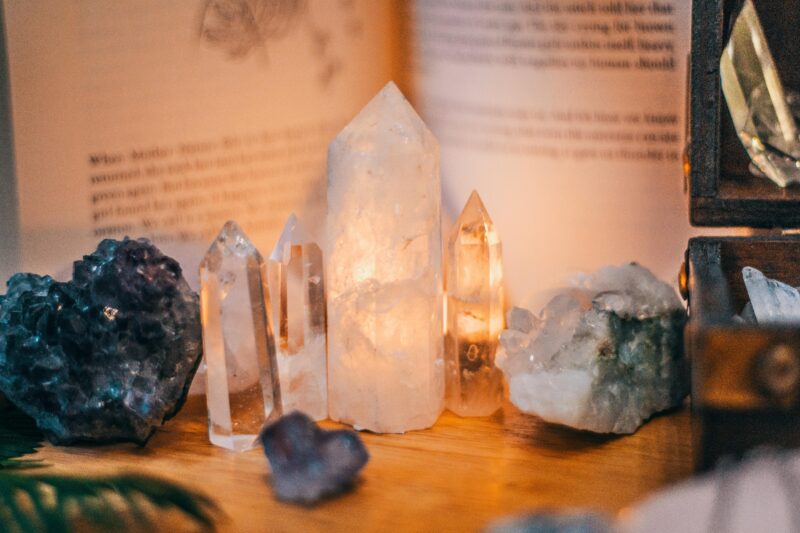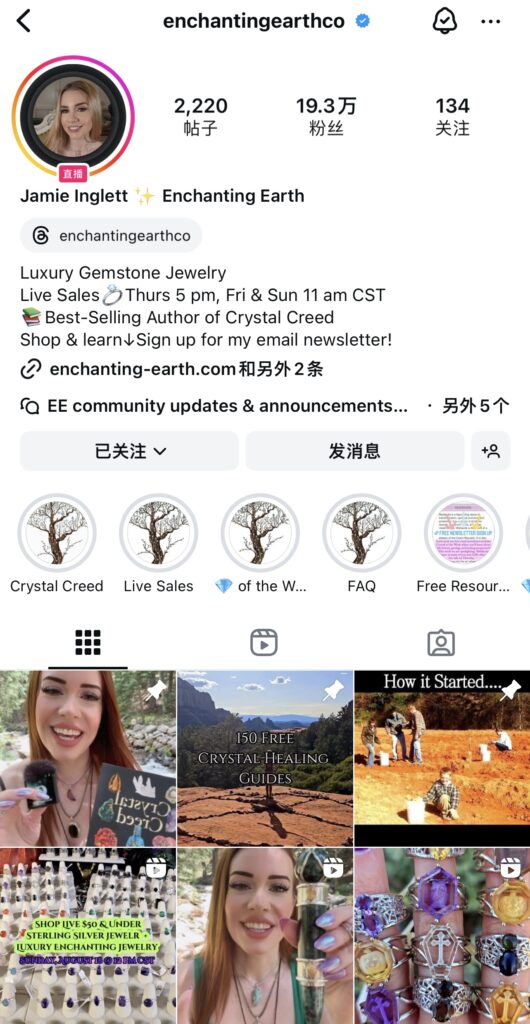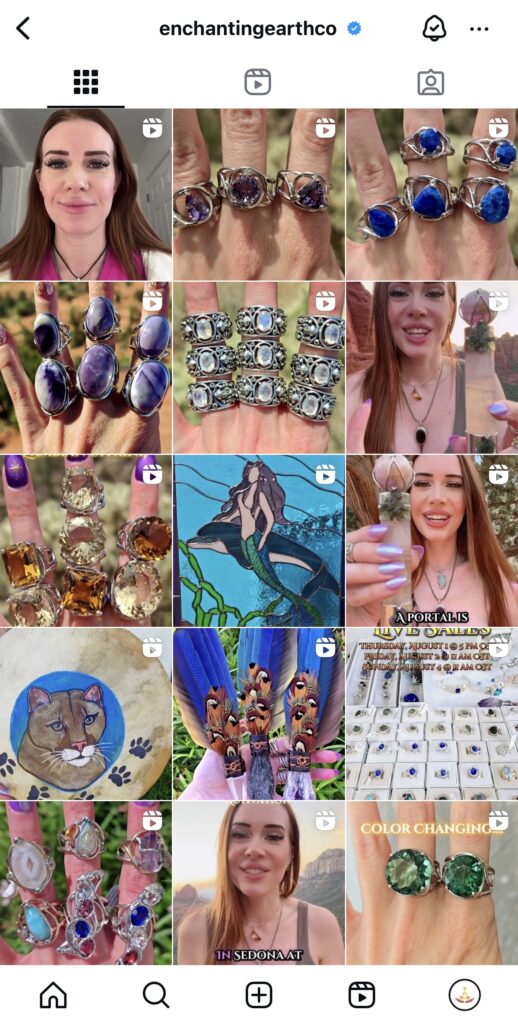

What is Crystal Healing?
Crystal healing is a type of spiritual therapy. It’s based on the belief that crystals have energy to help balance the body and emotions. For example, crystals like quartz, agate, amethyst, and opal are used to ward off negative energy and transform the body’s energy field. Healers often place crystals around the body, aiming to create an energy grid that is said to surround the client with healing energy.
Many people have experienced crystal healing in some form, such as wearing crystal bracelets, necklaces, or using crystal ornaments. This practice dates back to ancient Greek and Egyptian medicine. Despite its long history, scientists believe crystal healing is more rooted in old beliefs and mysticism than in modern science. However, the popularity of crystal healing has increased the demand for crystals in places where it is widely practiced.
Why Use Crystals?
The owner of ELULA Gift Shop in Newcastle, who we’ll refer to as Jane for privacy reasons, has been dealing in crystals for many years and is knows a lot about the categories, effects and markets of crystals. She explained the common reasons why her customers buy crystals: “Some people want to achieve healing effects through crystals. They believe that crystals can transmit a certain kind of energy, relieve stress, and improve mood. some customers choose crystals as home furnishings or personal accessories for decoration. There are also customers who are interested in the artistic value of crystals, and they will buy crystals to create by hand.”



Jane also talked about the types of crystals that craftsmen particularly like: “Amethyst, lapis lazuli, and rose quartz are favored by artisans. This might be because they are excellent for carving and polishing, making them ideal for creating decorative items.” Typically, craftsmen purchase raw crystals and then process them according to their clients’ specific needs. This method enhances the beauty of crystal products and also provide a healing effect. Interestingly, some craftsmen are also healers. After crafting a crystal artwork, they purify and energize it to better serve their clients. As a result, crystal artisans can significantly influence the market’s preferences for certain types of crystals. By observing the crystal products available in the market, we can see which types of crystals are more popular among consumers.
Jamie Inglett is an influencer who specializes in crafting luxury gemstone jewelry and crystals. On her page, she showcases a variety of exquisite crystal creations, including handmade crystal jewelry and unique crystal healing tools. Through her brand, Enchanted Earth, Jamie not only sells these distinctive crystal pieces but also shares knowledge and tips on crystal healing with her followers. Her work focuses not only on aesthetics but also on integrating the healing properties of crystals, offering each customer a unique spiritual experience.
User Feedback
“We do receive feedback from some of our customers who say they notice a real boost in their mood after using the crystals, particularly during stressful periods. While this is largely down to personal perception, we still really appreciate and value their feedback,” Jane says.
To get more perspective, we also spoke with several crystal enthusiasts. Let’s hear what they have to say.
I understand that some people don’t believe that crystals can heal. My suggestion is that any healing method should be based on science, but it’s also important to respect how each person feels. If crystal healing helps some people feel better mentally, I think that deserves a bit of credit too. —— The owner of ElULA Gift Shop
Scientific Research
In 2001, Christopher C. French, a United Kingdom psychologist, conducted an experiment to investigate the effects of crystal healing. He gave 80 volunteers a crystal each and asked them to meditate for 10 minutes, then report their feelings. In fact, only half of the volunteers received real crystals, while the other half were given fake plastic ones. The experiment found no difference in reported feelings between the two groups. This result suggests that crystal healing is largely a placebo effect, not the physical effect of the crystal itself.
Micke et al. (2010) critically examined the use of crystal healing in oncology and concluded that it lacks scientific evidence to support its effectiveness. While crystal healing is widely promoted and popularamong the media and patients, it is actually a pseudoscience. This is especially concerning in the field of cancer treatment, as it can delay effective treatment. Experts strongly advise against recommending crystal healing to cancer patients. Because it may lead them to waste time, hope, and money, potentially worsening their condition due to delayed proper treatment. The so-called successes of crystal healing are often attributed to a strong placebo effect or cognitive bias, where patients expect to feel better and thus selectively notice positive changes. So far, no scientific evidence has been found to support any therapeutic benefits beyond the placebo effect. So far, no scientific evidence has been found to support any therapeutic benefits beyond the placebo effect.
Although crystal healing has produced positive psychological effects for some individuals, the scientific community remains cautious about its effectiveness. In other words, while crystals may help some people, this is likely due to a placebo effect rather than any actual therapeutic benefit. But as mentioned earlier, apart from serious conditions where medical treatment is necessary, if using crystals in daily life can bring some mental relief, it can be good for a person’s emotional health.
This website is part of a student project. While the information on this website has been verified to the best of our abilities, we cannot guarantee that there are no mistakes or errors.
The material on this site is given for general information only and does not constitute professional advice.
The views expressed through this site are those of the individual contributors and not those of the website owner. We are not responsible for the content of external sites.

